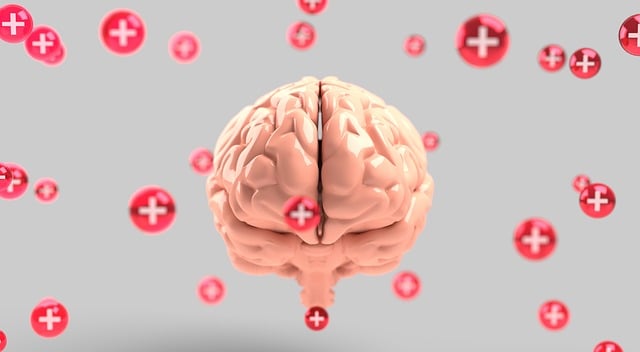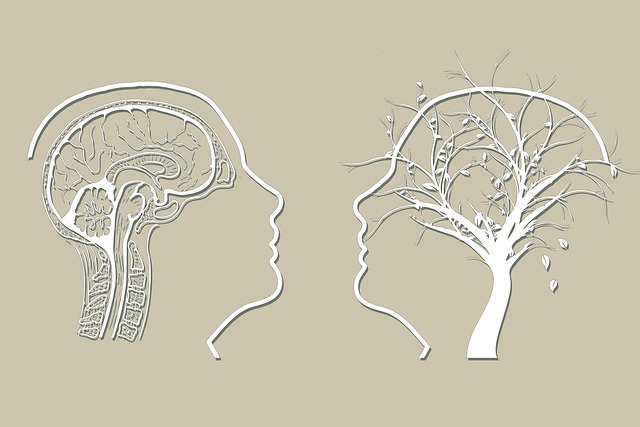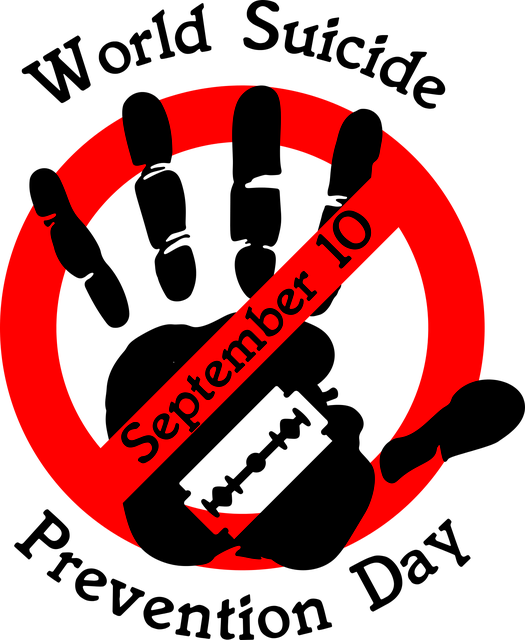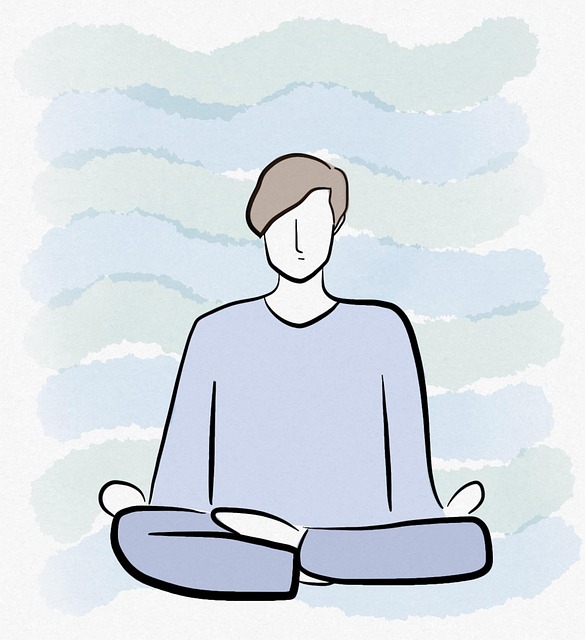Northglenn Obsessive Compulsive Disorder (OCD) therapy leverages Recovery-Focused Methodology (RFM), emphasizing resilience, flexibility, and mastery. This approach includes tailored coping mechanisms, self-care practices, cognitive reframing, and cultural sensitivity to address diverse client needs. By integrating trauma support, mental wellness coaching, and community outreach, therapists empower individuals to manage OCD symptoms, improve overall well-being, and lead fulfilling lives. Success is measured through client feedback and standardized assessments, refining techniques iteratively for optimal therapy outcomes.
“Unleash resilience with RFM (Recovery-Focused Goals, Mindfulness, and Coping) exercises tailored for individuals grappling with Northglenn Obsessive Compulsive Disorder (OCD). This comprehensive guide explores the transformative power of RFM in building mental fortitude. We delve into understanding OCD’s impact on resilience, identifying core strengths, designing personalized exercises, and seamlessly integrating these strategies into clinical practice. Discover how measuring progress and refining techniques can optimize results for a more balanced life.”
- Understanding RFM and Its Role in Resilience Building
- Identifying and Assessing Resilience in Individuals with OCD
- Designing Targeted Exercises for Enhanced Resilience
- Implementing RFM Strategies in Clinical Practice
- Measuring Success and Adjusting Exercises for Optimal Results
Understanding RFM and Its Role in Resilience Building

Resilience is a crucial aspect of mental health and well-being, especially for individuals dealing with conditions like Obsessive Compulsive Disorder (OCD). RFM, or Recovery-Focused Methodology, is an evidence-based approach that plays a pivotal role in building resilience. This methodology shifts the focus from the disorder to the individual’s strengths, resources, and abilities to recover and thrive. By employing RFM, Northglenn OCD therapy sessions can create a supportive environment that encourages clients to develop coping mechanisms tailored to their unique needs.
The implementation of Mind Over Matter principles within RFM practices empowers individuals to take control of their mental health journey. This involves fostering self-care practices, teaching effective stress management techniques, and promoting positive thinking. Healthcare provider cultural competency training is also essential in this context, ensuring that therapists understand and address the diverse needs of their clients. Through these strategies, Northglenn OCD therapy can effectively build resilience, enabling individuals to navigate challenges with greater ease and confidence.
Identifying and Assessing Resilience in Individuals with OCD

Identifying and assessing resilience is a crucial step in Northglenn Obsessive Compulsive Disorder (OCD) therapy. OCD can significantly impact an individual’s ability to cope with stress, leading to vulnerability and reduced resilience. Mental wellness coaching programs development often begins by evaluating the patient’s current coping mechanisms, thought patterns, and emotional responses to triggers. This process helps therapists understand where a person excels in terms of resilience and which areas may need strengthening.
Trauma support services play a pivotal role in building resilience among OCD patients who have experienced past traumas. Self-awareness exercises are incorporated into the therapy to help individuals recognize their emotions, understand their triggers, and develop healthier coping strategies. By engaging in these exercises, patients gain valuable insights into their mental health, fostering a sense of self-control and empowerment, which is essential for managing OCD symptoms effectively.
Designing Targeted Exercises for Enhanced Resilience

In designing resilience-building exercises, it’s crucial to tailor activities that address the unique needs and challenges faced by individuals, especially those managing conditions like Northglenn Obsessive Compulsive Disorder (OCD) Therapy. A one-size-fits-all approach may not be effective in fostering adaptability and emotional recovery. Therapists should consider incorporating a variety of exercises focusing on different aspects of resilience, such as cognitive reframing, mindfulness practices, and stress management techniques. These activities aim to equip individuals with tools to navigate triggers, reduce anxiety, and cultivate self-care practices.
Cultural sensitivity in mental healthcare practice plays a significant role in this process. Recognizing the impact of cultural backgrounds on coping strategies, therapists can design exercises that resonate with diverse populations. Incorporating elements of traditional healing practices or adapting activities to respect religious beliefs can enhance engagement and make resilience training more inclusive. By integrating Self-Care Practices into these exercises, individuals learn to prioritize their well-being, thereby improving overall resilience and quality of life.
Implementing RFM Strategies in Clinical Practice

Implementing RFM (Resilience, Flexibility, and Mastery) strategies in clinical practice has proven to be a game-changer for many individuals, particularly those seeking treatment for conditions like Northglenn Obsessive Compulsive Disorder (OCD). These strategies focus on building resilience by fostering self-care practices that enable individuals to face challenges head-on. By integrating RFM into therapy sessions, clinicians can help patients develop effective coping mechanisms and enhance their overall well-being.
The approach encourages social skills training, which is vital for improving relationships and supporting individuals in navigating social interactions with confidence. Additionally, community outreach program implementation can further benefit those struggling with OCD by providing a sense of belonging and offering opportunities for real-world practice. These interventions collectively contribute to a comprehensive treatment plan that not only addresses the symptoms but also empowers individuals to lead fulfilling lives.
Measuring Success and Adjusting Exercises for Optimal Results

Measuring success is a vital step in any therapy program, especially when implementing resilience-building exercises tailored to address Northglenn Obsessive Compulsive Disorder (OCD) Therapy needs. The effectiveness of these sessions can be evaluated through various methods, such as client feedback and standardized assessment tools. Regularly collecting feedback from participants allows therapists to understand the impact of each exercise on their emotional healing processes. This qualitative data provides insights into the practical application of resilience-building strategies, ensuring that the exercises remain relevant and beneficial.
Additionally, quantifiable measures like Self-Esteem Improvement scales can be employed to track progress over time. By comparing pre-and post-exercise scores, therapists can gauge the overall success of the program. Adjusting the exercises based on these insights is crucial for achieving optimal results. This iterative process involves refining the techniques and tailoring them to individual needs, fostering a more inclusive and effective Mental Wellness Podcast Series Production environment for all participants.
The implementation of RFM (Resilience, Flexibility, and Mastery) exercises in Northglenn OCD therapy offers a transformative approach to enhancing individuals’ coping mechanisms. By understanding their unique resilience profiles, therapists can design targeted interventions that foster adaptability and personal growth. This structured framework empowers clients to navigate challenges more effectively, leading to improved mental well-being. With consistent practice, RFM strategies have the potential to revolutionize Northglenn obsessive-compulsive disorder therapy, providing long-lasting benefits for those seeking to overcome OCD symptoms.












